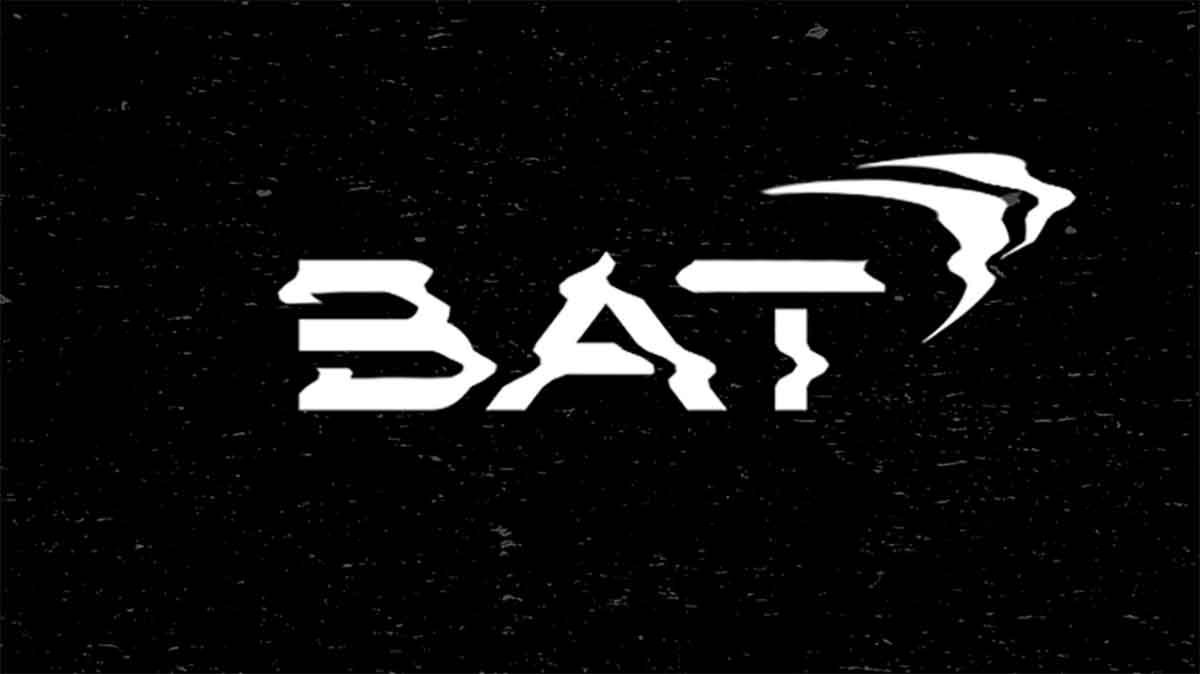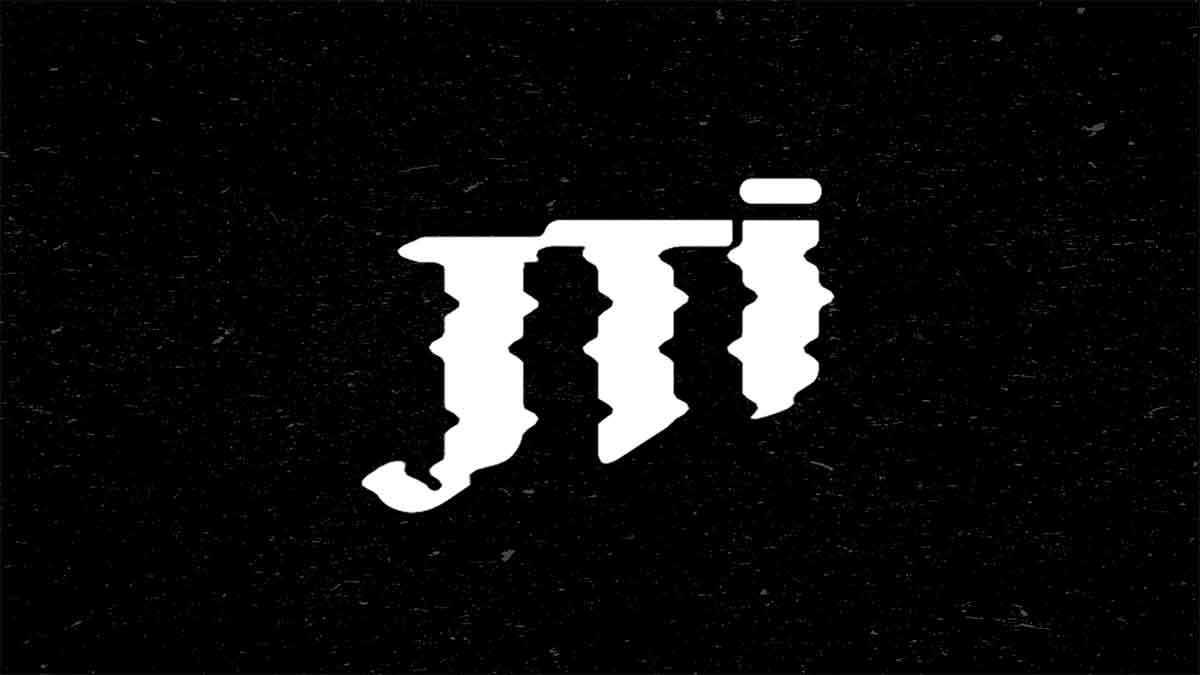- Resources
- News
-
-
Get Email Updates
Sign up for STOP's emails and never miss an update on our latest work and the tobacco industry's activity.
-
Get Funding
Ready to tackle industry interference? You could be eligible for a grant.
-
Share a Tip
Do you have information on tobacco industry misconduct in your country? Let us know.
-
Get Email Updates
Business of Tobacco
April 29, 2020

When British American Tobacco’s (BAT) shareholders convene for the company’s 2020 Annual General Meeting this week, the company might have some explaining to do.
BAT Criminal investigations
BAT may want to start with why another criminal investigation has been opened against the company. Adding onto its ongoing 2017 bribery and corruption probe by the U.K.’s Serious Fraud Office, the company is now also under criminal investigation by the U.S. Department of Justice and the Office of Foreign Assets Control.
The Times reported in mid-April that BAT’s annual report shared the company was under investigation for “suspicions of breach of sanctions,” though many of the details remain unknown. According to Reuters, BAT shares fell by more than 5% after the announcement.
BAT acknowledged this investigation in its annual report, released last month, and indicated that while it couldn’t say what the potential consequences could be, any fines or penalties “may be material.”
Which countries are involved in this potential breach of sanctions hasn’t been made public, though The Wall Street Journal reported that BAT operates in both Cuba and Iran—countries against which the U.S. has sanctions. Others speculate that the investigation may be related to the 2017 corruption probe.
Lawsuits
April has likely been a busy month for BAT’s legal team. In addition to managing a new criminal investigation, the company launched a lawsuit in the U.S. and Germany against Philip Morris International (PMI), claiming patent infringement.
The lawsuit claims that the technology used to heat the tobacco sticks in PMI’s heated tobacco product, IQOS, is an earlier version of the technology BAT uses in its equivalent product, glo.
This isn’t the first lawsuit between the two companies: PMI sued BAT in Japan over a similar but reversed claim that BAT’s glo infringed on IQOS’ patents.
While the tobacco industry often tries to form a united front in order to protect its own interests and profits, this industry in-fighting shows the extent to which tobacco companies will go to secure market share. With this legal action, BAT ultimately seeks to block the importation of PMI’s IQOS into the U.S., according to Reuters. With IQOS out of the U.S. market, BAT could enjoy greater opportunity to get a higher number of Americans addicted to its new product.
These aren’t the only headaches BAT’s had to deal with around promoting its e-cigarettes and heated tobacco products. Last month, The Guardian reported on the heavy criticism BAT faced in hiring young-looking models and Instagram influencers to advertise its products.
With profits coming before nearly anything else (see BAT’s attempt to hook a new generation with a poorly timed rebranding), these aren’t the first scandalous stories tobacco companies have involved themselves in, and, until they’re regularly held accountable, they won’t be the last.


